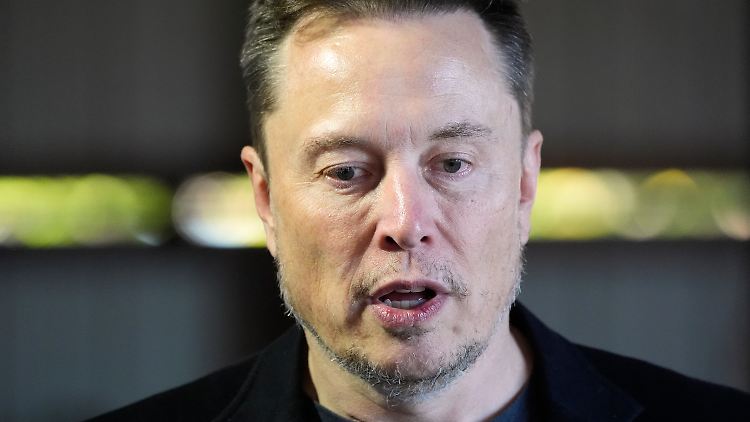
SEC Takes Legal Action Against Elon Musk Over Twitter Acquisition
In a significant move that has sent ripples across the tech and financial communities, the U.S. Securities and Exchange Commission (SEC) has filed a lawsuit against billionaire entrepreneur Elon Musk concerning his stock purchases during the 2022 acquisition of Twitter. The allegation centers on Musk’s failure to promptly disclose that his stake in the social media giant had exceeded five percent, potentially providing him an unfair advantage in acquiring shares at a lower price.
Background of the Case
Elon Musk began consolidating his stock in Twitter in early 2022, and according to the SEC, his ownership reached the crucial five-percent mark on March 14, 2022. Under U.S. regulations, he was required to make this information public within ten calendar days. However, Musk did not announce his nine percent holding until April 4, 2022—eleven days after he was supposed to do so. Following this delay, the stock price surged by approximately 27%, as highlighted in the SEC’s filings.
 Elon Musk’s acquisition strategy comes under scrutiny.
Elon Musk’s acquisition strategy comes under scrutiny.
Financial Implications
The SEC’s investigation revealed that Musk may have benefited financially to the tune of over $150 million due to this late disclosure. Shareholders who sold their stocks during this time are said to have suffered financial losses. In light of these findings, the SEC is demanding that Musk return the amount he gained, alongside additional penalties for the alleged misconduct.
Reactions to the Lawsuit
The future of the lawsuit remains uncertain. Musk’s attorney, Alex Spiro, has publicly stated that the billionaire did not commit any wrongdoing. Furthermore, as Musk is closely allied with the incoming U.S. President Donald Trump, it remains to be seen how the leadership change at the SEC will impact the proceedings. This political connection hints at the possibility of the lawsuit potentially being withdrawn.
Financial Background to the Acquisition
Musk’s $44 billion acquisition of Twitter, completed in October 2022, was significant not only in its scale but also in its complexity. To finance the purchase, Musk had to sell a large portion of his shares in Tesla, the electric vehicle company he leads, and secure approximately $12 billion in loans. Following the acquisition, he rebranded Twitter into his new online platform, X, showcasing his vision for the future of digital communication.
 Elon Musk’s move transforms Twitter into X.
Elon Musk’s move transforms Twitter into X.
The Road Ahead
As this case unfolds, the spotlight on Musk and his business practices will only grow. The implications of this legal challenge extend beyond Musk himself; they touch on broader issues of market regulation, transparency, and accountability for public figures in business. The tech industry will be watching closely to see how this situation develops, as it could set a precedent for future transactions and regulatory enforcement.
In summary, this lawsuit adds another layer to the ongoing narrative surrounding Elon Musk, a figure both revered and reviled in equal measure. As the case progresses, the potential ramifications for Musk and the larger tech community are yet to be fully realized.
Conclusion
As tech enthusiasts and investors alike keep an eye on Musk’s endeavors, one thing is certain: the outcomes of this legal battle could significantly influence market dynamics and regulatory practices in the future, reshaping how major acquisitions are conducted within the tech space.















